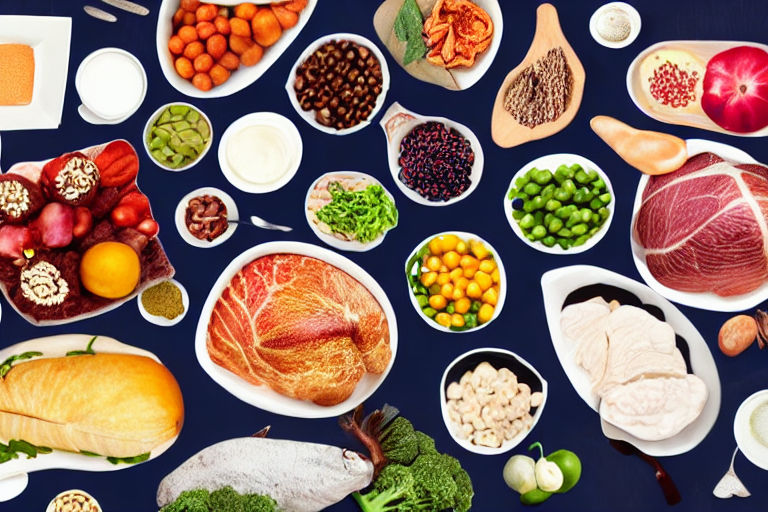The Surprising Link Between Your Diet and Your Quality of Sleep
Do you ever find yourself tossing and turning in bed, struggling to fall asleep despite feeling exhausted? Perhaps you’ve tried a variety of sleep aids and remedies to no avail. While there could be a multitude of factors that contribute to poor sleep quality, one that is often overlooked is diet.
The Foods You Eat Before Bedtime Matter
Your diet can have a significant impact on your ability to fall asleep and the quality of sleep that you experience. This is because certain foods and beverages can either promote or disrupt the release of chemicals in your brain that regulate sleep.
One of the key chemicals involved in regulating sleep is melatonin, a hormone that is responsible for maintaining your body’s internal clock. Consuming foods that are rich in tryptophan, an amino acid that your body converts to melatonin, can help to promote restful sleep.
Some examples of foods that are high in tryptophan include:
- Turkey
- Chicken
- Eggs
- Nuts and seeds
- Milk and dairy products
On the other hand, consuming foods and beverages that are high in sugar, caffeine, or alcohol can have a negative impact on your sleep quality. These substances can disrupt the natural sleep cycle by overstimulating your nervous system, leading to difficulty falling asleep or staying asleep.
Timing Matters Too
In addition to the types of foods that you consume, the timing of your meals can also impact your sleep. Eating a large or heavy meal too close to bedtime can interfere with your ability to fall asleep due to indigestion or discomfort.
It’s recommended that you consume your last meal or snack at least 2-3 hours before bed to allow your body ample time to digest the food. If you’re still feeling hungry before bedtime, opt for a small and light snack that is high in protein and low in sugar.
The Bottom Line
While diet may not be the only factor contributing to your quality of sleep, it is an important one to consider. By incorporating more tryptophan-rich foods into your diet and avoiding foods and beverages that can disrupt your sleep, you can take steps towards improving the quality and duration of your sleep.
So, next time you find yourself struggling to catch some Z’s, take a look at your diet and see if there are any changes you can make that could help you to achieve a more restful and rejuvenating night’s sleep.



